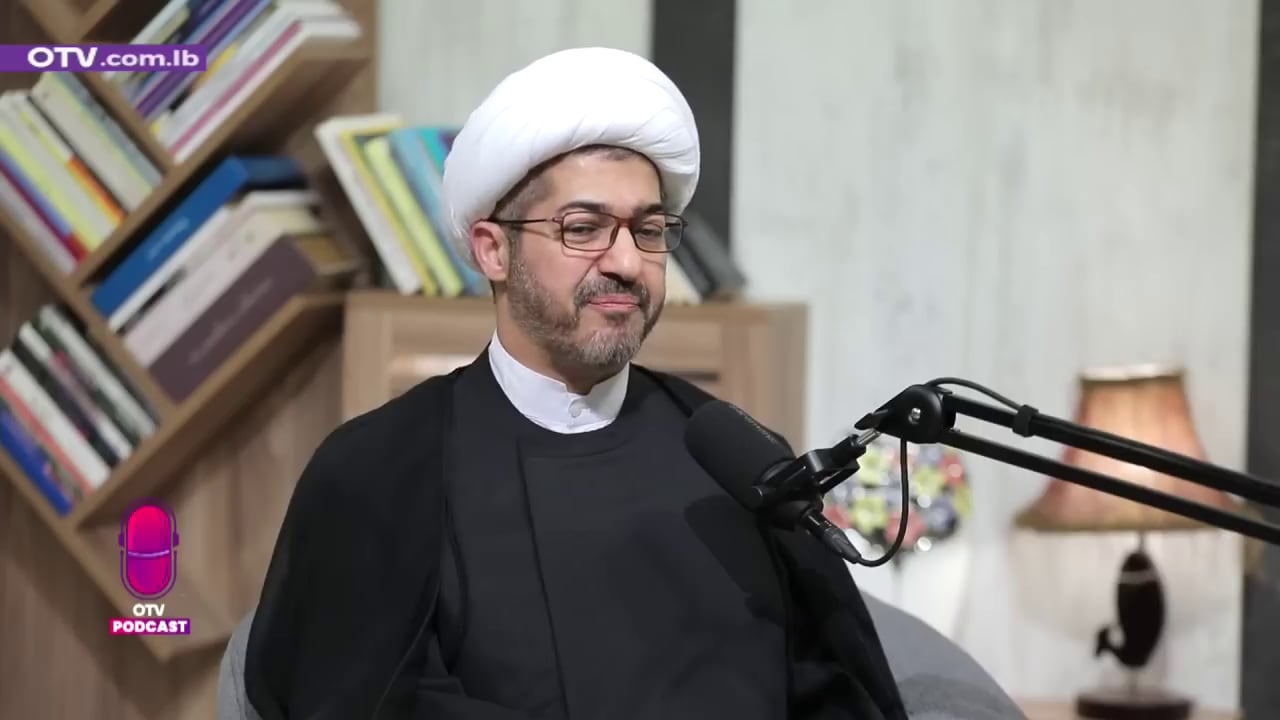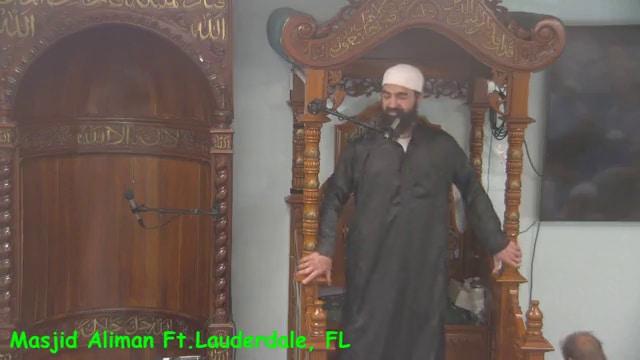
Saudi and Palestinian ambassadors to China spoke about their impressions from a visit to Xinjiang province in China on a show aired on Phoenix TV (China) on March 19, 2021. Saudi Ambassador to China Turki Mohammed Al-Madhi said that governments use human rights issues to pressure third world countries. He explained that he believes in the principle of non-interference, and these are internal matters and added that China knows how to deal with its internal affairs. Palestinian Ambassador to China Fariz Mehdawi concurred and said that he does not want to be lectured about human rights from those who "colonized us." He also said that these countries have double standards because they do not criticize human rights violations in Gaza. Ambassador Mehdawi added that Western democracies are not necessarily a good fit for all countries. For instance, he said, in Africa the priority is to fight starvation, not to form a democracy. Ambassador Al-Madhi agreed and said that democracy has destroyed many countries in the Arab region, as was the case with the Arab Spring. Both ambassadors said that they were impressed by the investment in technology and infrastructure in the Xinjiang region, as well as with the upkeep of mosques.
Saudi Ambassador Turki Mohammad Al-Madhi: "Do you know how many mosques [there are] in China?"
Interviewer: "I don't"
Al-Madhi: "It is more than 50,000"
Palestinian Ambassador Fariz Medawi: "Indeed, yeah. 50,000 mosques."
Al-Madhi: "Maybe more than any Arab country."
Medawi: "But one thing I had observed, in Urbchi and the same thing also in Khachkar, were the hotels. We looked around, you can count, you know, in the same street around the same corner. You know, 1, 2, 3, 4. They are functioning, it's not that they are closed as buildings, which is quite impressive."
China Rep: "They are active. They are well preserved."
Medawi: "Well preserved, well maintained, well serviced you know? And it seems like the local government are helping them to do this."
Interviewer: "Here's you being welcomed by the people in their traditional custom."
Medawi: "Indeed, they are very generous."
Interviewer: "Speaking of which, we noticed in Saudi there is a quite active women's empowerment going on right now. This is quite a substantial change. Can you please tell us about it?"
Al-Madhi: "Woman at the floor of Vision 2030, I'm proud as a diplomat that if you go to the Minister of Foreign Affairs, you will find more than 300 ladies.
[...]
"There's a sort of stereotype. I invite you to go to Saudi Arabia stay with them. You will understand, they are well educated. Actually they announced three days ago that they can join the military."
Interviewer: "Wow, and what would they be wearing?"
Al-Madhi: "Military."
Interviewer: "Military, real uniforms?"
Al-Madhi: "Yeah."
Interviewer: "There is a big change."
Al-Madhi: "I think you know some of these allegations, these comments from persons who criticize China. Some NGOs, they use it for political purposes to criticize others. And they will not stop by the way, because this is their job. I remember Mr. Ambassador. I was in Geneva, in 1948 aftermath of the second war they adopted the Universal Declaration of Human Rights. And under the umbrella the general assembly adopted two treaties, which is on political rights, and the other one which is on economic and social and cultural rights.
"What is the matter there? Some countries, and you know them very well. They want to focus on the political and ignore. They are two baskets, and they are interlinked to each other, but they will not allow themselves to speak about economic and social rights. They want to focus on the political and civil rights. Why? Because they use it to criticize and to put more pressure on certain countries, and who are these countries? They are poor countries. So, I don’t care about the comments that came from them because the source of that are NGOs. And these NGOs belong to two certain governments. They said NGO, non-governmental organization, in fact they are 100% governmental.
[...]
"We know what's going on there. One, we believe all of us, on the principle of noninterference. Second, this is internal matters. This is important. Third, our mandate in China to focus on the bilateral relations and develop, promote, and enhance this relation. We don’t allow ourselves to interfere in the business of others. So what did we see there? We saw beautiful cities, nice people, nice infrastructure, well developed area. I noticed personally, the government or the governor there they are doing an excellent job, a great job.
[...]
Medawi: "This is my 30th year as an ambassador actually. We have been lectured all the time. We've been lectured that this is how we do things; human rights, democracy, all of those nice things. We have nothing about it. But to be lectured by those who have been colonizing us all the time, that's unfair. That's unfair, we cannot accept that anymore.
Al-Madhi: "Whoever has glass house doesn't throw stones."
Medawi: "Even those who have their houses not in order, they keep lecturing us even though we have even better houses. I mean to digest what we called this double standard, this democracy. Well let me tell you about one thing. We know what's happening in Gaza and how much we are starving. We know even the International Criminal Court of Justice in two days that it has an authority to investigate the human rights. How many of those who are lecturing us or in China are really ready to come and condemn and acknowledge the suffering of other people. No, they really like to single out and accuse, but we aren't going to get into that. We didn't come here to discuss politics. What we are trying to say is the following. As excellency will say. We have indentured. We had seen the life. We had seen how much the people were really unsafe. We had seen what has been going on with respect to development. Like in China which seems to be leading in the term of investment in every sector and modernization. And I'm sure the growth economically is much better there than any other regions. This is the big news that not so many people are familiar with. What's happening there, what we have seen there in the term of industry and in the term of digital technologies, so Xinjiang is not lacking anymore. On the contrary in my opinion, it is going to be very promising area of investment and this is the beginning of that."
Al-Madhi: "I think that the growth rate is about 6.7%."
Medawi: "Indeed. Not only that but it is above average in the country. It seems to me there is so much work going there. There is very heavy engagement in agriculture, in industry, in technology. Everything is going well, the infrastructure the airports; which we had seen; the transports; the modernization is occurring rapidly over there. This is surprising because I went there 4 years ago and I had seen the difference within the last 4 years, it is incredible.
Al-Madhi: "This country, it has taken most of the Arabic countries many years to modernize. I think we are starting to see that just in the 50s and 60s we see the little progress, but now we see more and more. Back to this point, this is in international affairs, and China knows how to deal with its community population. There's no need for a lecture from anyone.
[...]
"A principle of human rights is that it is universal and excellent the accuracy is important. We are always talking about issues, but these issues must be globally recognized. So we cannot apply your rules or mine. Your freedom is not at the expense of my freedom.
Interviewer: "Well said."
Medawi: "It's not only that, the issue is much broader than that. We should admit. They had their own rallies: western; liberal; democracy; modern. It was working very well for them. Now it's in trouble it seems, but it doesn’t mean that it fits to my size. It doesn't fit according to my culture, according to my faith, according to my identity. Not necessarily what fits for you in terms of your model of what you are addressing, doesn't necessarily go into my size. Some people think that they believe that one size fits all.
Al-Madhi: "There are many crimes all around the world. We will not focus on that country, we will focus on that country. I don’t want to mention names, but tell me when you are a democracy look at Africa, you made a democracy but they are a poor society. We need democracy, we need elections. Perfect. We need parliament, but the other, the population needs food, health care, education. That is the fact, and when we provide them with support we make them suffer a lot to receive it. And their democracy destroyed many countries in our region."
Medawi: "They were elated with what they called the Arab Spring, look at where Iraq is now, where Egypt is now. This is sometimes really troubling.
Interviewer: "The Arab spring didn't go into Saudi, why?"
Al-Madhi: "Why? Because we have no spring, we always have summer."
Medawi: "This program is quite important, and I would encourage most of our friends brothers and fellow ambassadors to come on the program and tell us what they think. We have to learn from each other, we have to listen to each other. I wish the program the best."













